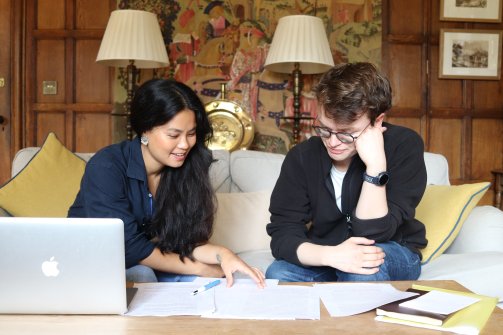The politics of time with Carolyn Smith


Academic researchers who’ve developed a potentially patentable invention are faced with quite a complex landscape when it comes to the interplay between patenting and publishing, says Wolfson Fellow, Professor Frank Tietze.

In a new article in Nature Communications, Professor Tietze offers an introductory insight to those who might embark on the daunting tasks of navigating of both publishing and patenting.
Professor Tiezte is Professor of Innovation Engineering at the University of Cambridge. Research at his Innovation and IP Management (IIPM) laboratory focuses on the role of Intellectual Property (IP) in collaborative innovation processes and systems for emerging and sustainable technologies.
“Patents have a role to play in our common pursuit of scientific and technological progress,” he says, “not the least because they encourage public disclosure of technical and inventive knowledge which otherwise might stay secret.
“Only if knowledge is being disclosed, others can build on it. In fact, over the years I came to understand that patent databases can be considered the world’s oldest and largest open-source repositories for technical knowledge.”
But does patenting something mean you can’t then publish about it? And does publishing mean you can’t patent?
“Submitting a patent application should not prevent you from publishing the related research,” he says. “The other way around is more likely to present a problem, possibly a serious problem. If you publish a paper first and then want to file a patent application you can encounter problems with the ‘novelty’ criterion [the principle that the invention must not have previously not have been made public], which can ultimately lead to the patent application being rejected.
“In any case, I would always advise being very careful with publishing if you have made an invention that can be considered patentable.”
You can read the full article in Nature Communications now.
Please note, these quotes, and the Q&A in Nature Communications, should not be regarded as legal advice.







